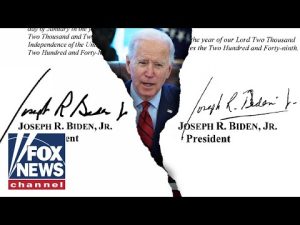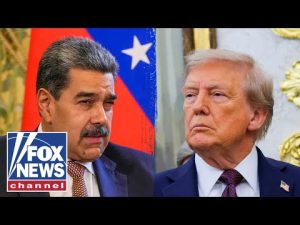In a world that feels increasingly unpredictable, the recent events in Jerusalem serve as a grim reminder of the ever-present threats that loom over everyday civilian life. Five innocent people have lost their lives while at least 11 others are recovering from injuries following a suspected terror attack at a bus stop in northern Jerusalem. In an all-too-familiar scene, two assailants believed to be from the West Bank opened fire, casting a pall over a city that continually finds itself in the crosshairs of terrorism. The attackers have yet to be claimed by any particular group, though Hamas wasted no time applauding their violent actions.
The challenges security forces face in preventing such attacks cannot be overstated. They are constantly tasked with gathering intelligence, piecing together the puzzle of possible threats, and ideally thwarting these actions well before they come to fruition. Yet, even the most advanced defenses occasionally falter, as was tragically the case here. The focus now shifts from prevention to responsibility as authorities scramble to learn from the missteps that allowed this attack to succeed.
Meanwhile, efforts to broker a peace deal in Gaza have reached a tense juncture. A new proposal suggests an exchange of hostages for prisoners, with a total of 2,500 Palestinian detainees potentially set to be released. President Trump exudes confidence, suggesting that a resolution is near, but the optimism is cautiously guarded. There’s a factual irony at play as both sides weigh the benefits of peace against the motivations fueling perpetual conflict.
While negotiations grind on, it is clear that Hamas, ever defiant, finds some measure of gain in prolonging strife. They are embroiled in a deadly paradox where each humanitarian crisis feeds their propaganda machine, bolstering their support base despite the destruction of their leadership by Israeli defense forces. The group’s insistence on holding hostages speaks volumes about their strategy—a twisted leverage play where human lives become mere bargaining chips in their unyielding quest for influence.
The wider geopolitical arena remains as volatile as ever. In a not-so-subtle show of force, Russia has launched its most significant assault on Ukraine to date. President Putin seems determined to defy western narratives, tactically partnering with other global skeptics like China and Iran in a bid to assert dominance. As the United States and its allies mull over their next move, they are reminded once more of the intricate game of power and diplomacy that dances on a razor’s edge day in and day out.







